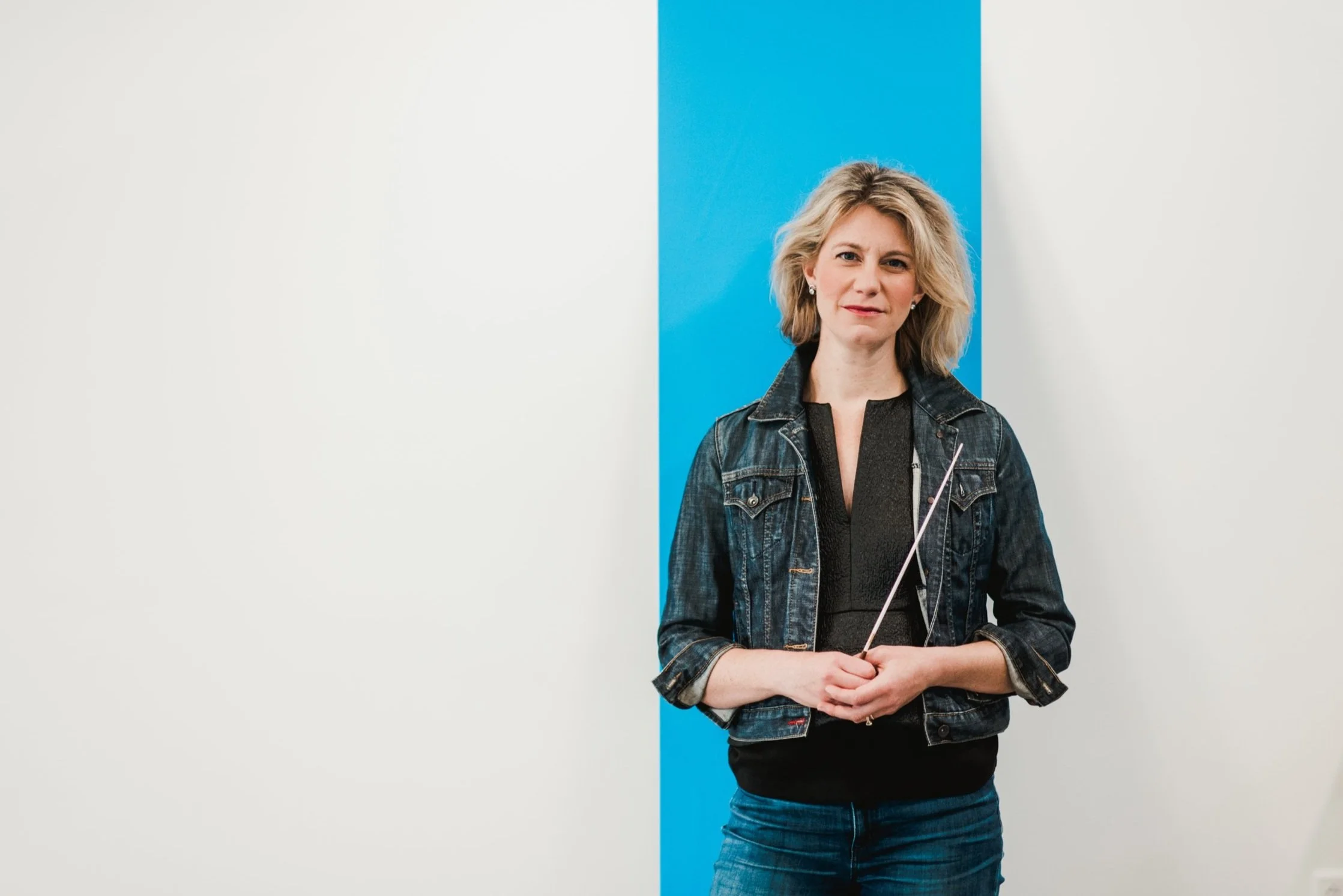Isaacson set herself the task Mozart’s student had centuries before – to finish his “Requiem” – but she wanted to reimagine his historic work for people in the 21st century. The result is “Mozart Requiem Renewal.”
“What if I use the unfinished nature of Mozart’s ‘Requiem’ as an opportunity not just to finish it in this modern musical language, but also to reconceptualize it not as a Mass for the dead?” said Isaacson, who lives in Portland. “I’m not thinking about my dad burning in a fiery hell. I’m not thinking about, how is he going to be judged? In fact, I don’t really want to focus on his death. I want to focus on his life. How can we reconceive this work as a celebration of life?”
“Grief makes you do bold things that you wouldn’t do otherwise.”
Read More


![Star Tribune: Classical Uprising performs 'The [uncertain] Four Seasons' that reflects climate change](https://images.squarespace-cdn.com/content/v1/5886a11b8419c212002dfcea/1730909176334-AZX0V84M20501T2LNSTZ/Screen+Shot+2024-11-06+at+11.05.53+AM.png)












